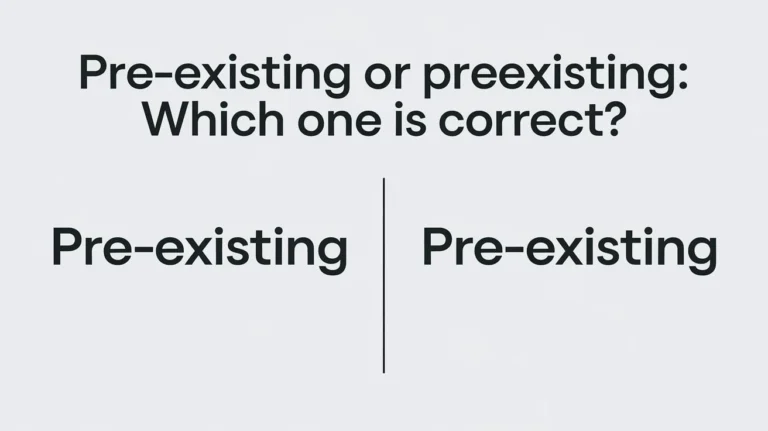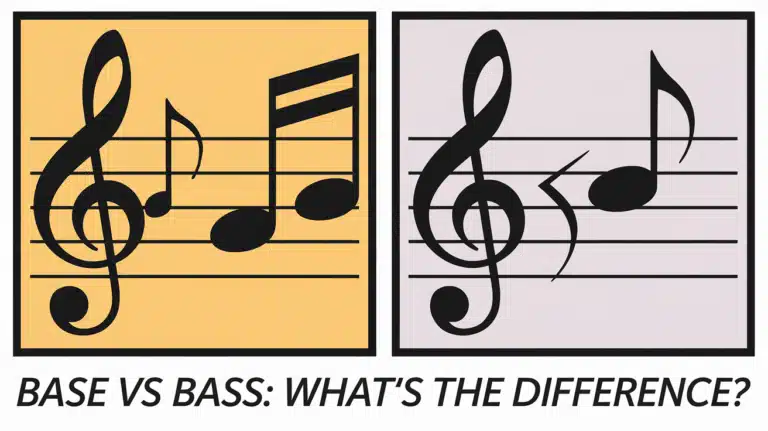Cancelation vs. Cancellation: What’s the Correct Spelling?
Cancelation and cancellation are two different spellings of the same word, each reflecting regional spelling preferences. In American English, the spelling “cancelation” with a single “l” is commonly used, aligning with simpler forms. British English and Australian English, however, prefer “cancellation” with a double “l,” in line with traditional English language variants. These spelling rules and exceptions stem from historical influences and regional standards. Whether you choose “cancelation” or “cancellation” depends on your target audience. Following US vs UK spelling rules makes your content feel familiar to readers, enhancing clarity. By remembering these English dialect distinctions, you can confidently select the right form for effective communication.
Understanding the Double ‘L’ Rule in English, American, Australian, and British Spelling
The Single “l” vs Double “l” rule is straightforward in many cases but can be tricky with words like “cancel.” Generally, in American English, words ending in “l” tend to keep the “l” singular when adding suffixes like “-ation” or “-ing.” This leads to forms like “cancelation” and “canceling.” On the other hand, British English and Australian English double the “l,” resulting in “cancellation” and “cancelling.”
This rule, known as a suffix addition rule, is not just specific to “cancel” but applies to other words. Understanding these regional spelling preferences helps make writing more precise, especially if you’re switching between US vs UK spelling rules.
General Rule
The rule for doubling or not doubling the “l” depends on whether you’re writing in American English or British English. In American English, words ending in “l” usually keep it singular when a vowel-based suffix follows. So, “cancel” becomes “cancelation” in the U.S. However, British English keeps the “l” doubled, as in “cancellation.” This pattern appears in other common words like “travelling” (British) vs. “traveling” (American).
Exceptions to the Rule
As with many spelling rules and exceptions in English, this one has its quirks. Not all words with a final “l” follow this rule, especially in British English. For example, “fueling” and “jeweler” maintain the single “l” form even in British English. Knowing these exceptions will improve your understanding of English dialect distinctions and help you avoid common spelling mistakes.
Spelling Differences in English Variants
In both British English and Australian English, alternative spellings are common for many words, influenced by region and language history. Differences in spelling affect the appearance and perception of words like “cancelation” and “cancellation.” While American readers may expect single “l” forms, British and Australian readers are accustomed to the double “l.”
Read More About : Lier or Liar: What’s the Difference? Meaning & Correct Spelling
Examples of Double ‘L’ in English Language
The double “l” usage is common in British English and Australian English for words that use vowel-based suffixes. This list shows examples of words with both single and double “l” forms based on region.
| Word | American English | British English |
|---|---|---|
| Travel | Traveling | Travelling |
| Cancel | Canceling | Cancelling |
| Model | Modeling | Modelling |
| Label | Labeling | Labelling |
Common Words with Different Spellings
Some common words with different spellings serve as excellent examples of English dialect distinctions. Words like “canceled” (U.S.) and “cancelled” (U.K.) show how the choice between single or double “l” helps identify the writer’s location or intended audience. Consistently using these differences helps create a polished, regionally-appropriate text.
Other Words Derived from ‘Cancel’
The rules seen in “cancel” extend to related forms like “canceling” and “cancelling.” For verbs that take an “-ing” ending, American English prefers the single “l,” while British English keeps the double “l.” This creates a pattern that English learners and writers can remember.
Does the Rule Apply to -ing Endings?
Yes, the rule applies to canceling vs cancelling and many other verbs. In American English, you write “canceling” with a single “l,” while in British English and Australian English, you double it to “cancelling.” This grammar guidance offers consistency across verb forms with suffixes.
And Do Other Words Behave This Way?
Many English words derived from verbs follow the same pattern as “cancel” in terms of regional spelling preferences. Words like “travel” and “model” follow the same single/double “l” pattern, helping writers establish reliable spelling choices for alternative spellings in English.
Preferred Spelling: Cancellation vs. Cancelation
In American English, cancelation is the preferred spelling, though many sources acknowledge cancellation as an alternative. Word usage frequency often shows cancellation used more widely, especially in British contexts. American publications tend to favor cancelation, keeping in line with simplified spellings.
Examples of ‘Cancelation’ in Context
In American writing, you might see “cancelation” in formal documents, technical manuals, or industry-specific literature. Using “cancelation” aligns with simplified American forms and ensures clarity for American readers.
Examples of ‘Cancellation’ in Context
In contrast, “cancellation” appears in British publications, advertisements, and news outlets. Readers in the U.K. and Australia recognize “cancellation” as the standard form, making it ideal for communication with these audiences.
Practical Tips for Remembering Spelling Rules
One quick way to remember these spelling differences is to associate American English with simpler forms—fewer letters, like “cancelation.” For British English and Australian English, remember the extra “l,” as these regions generally follow traditional spelling rules. It may help to use a mnemonic, like “American cut, British add,” to distinguish between single and double “l” forms.
Some writers also find it helpful to use spell-check tools set to the preferred region, ensuring spelling consistency. Familiarizing yourself with English language variants and common exceptions to the rule can enhance your confidence when switching between American and British spelling.
Summary and Conclusion
Understanding the difference between cancelation and cancellation is essential for effective communication. The choice of spelling largely depends on the audience, with American English favoring the single “l” and British English and Australian English opting for the double “l.” By recognizing these regional spelling preferences, writers can ensure their content resonates with readers. Additionally, being aware of spelling rules and exceptions helps maintain clarity. Ultimately, using the correct form reflects a writer’s attention to detail and enhances the professionalism of their work in various contexts.







